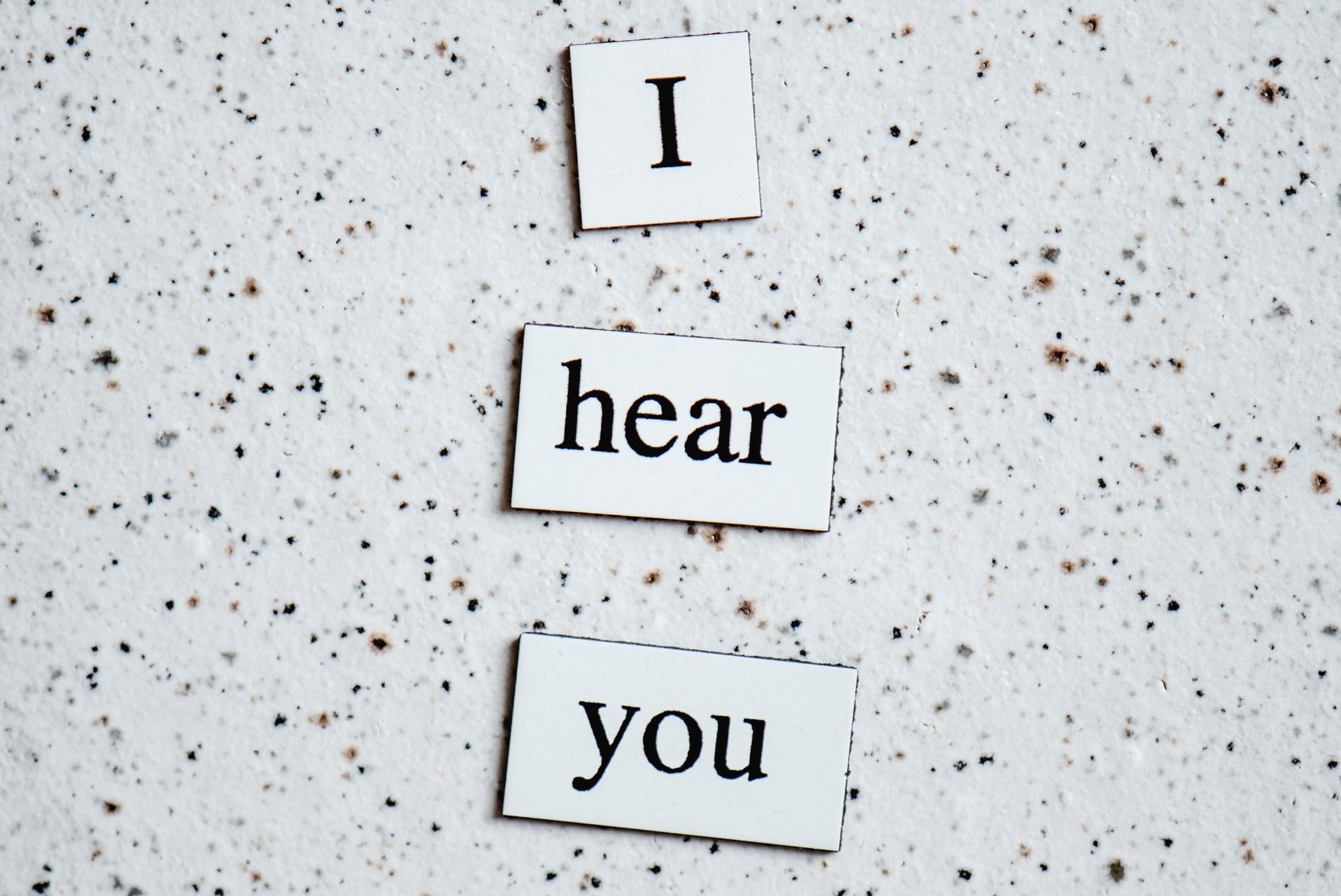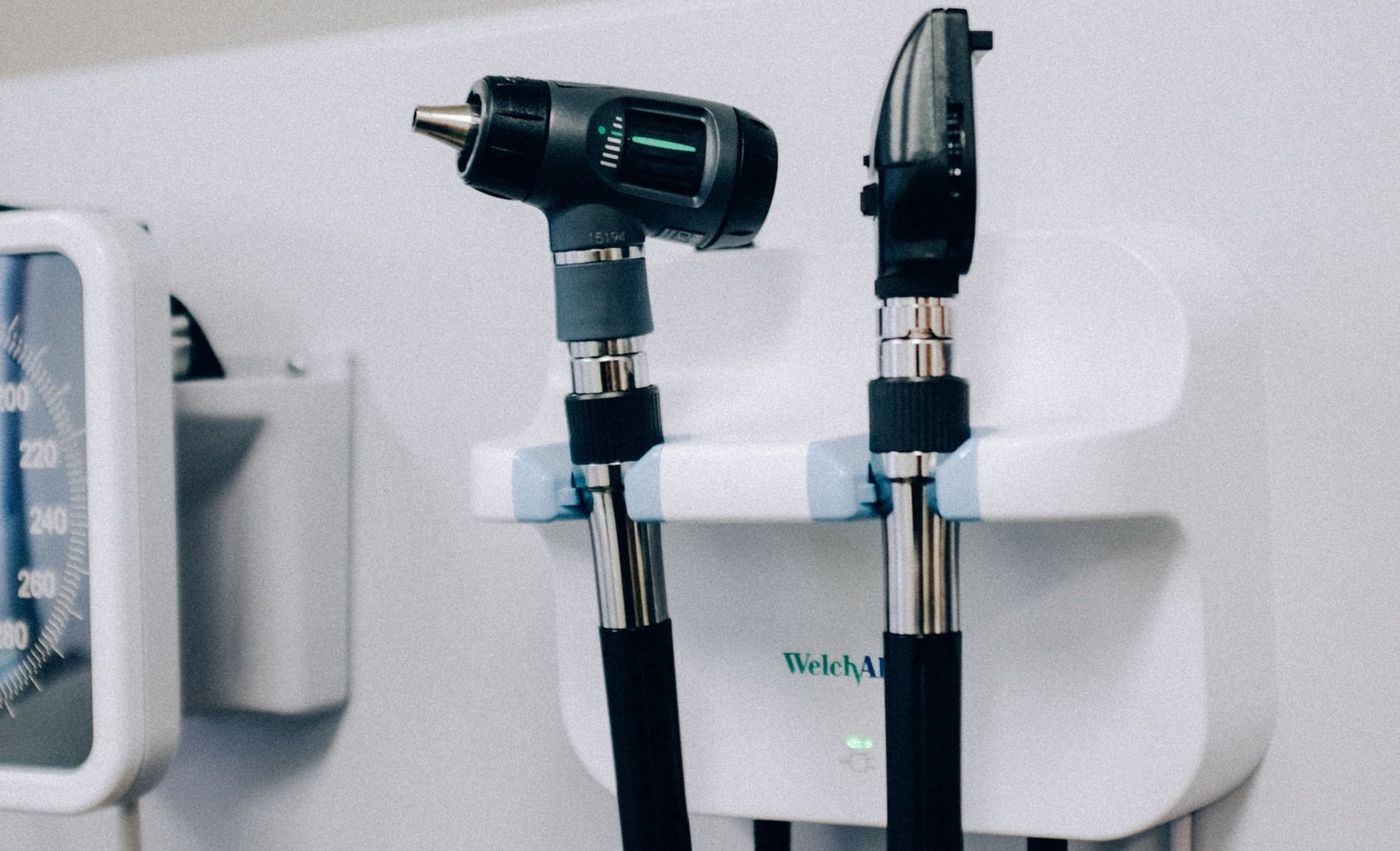
Many hunters have spent a lifetime shooting rifles and shotguns. As a result, many hunters may suffer from noise-induced hearing loss, in which the tiny hair cells of the inner ear become damaged and prevent sound in certain frequencies from reaching the brain. This is a type of hearing loss known as sensorineural hearing loss, which is permanent because, once lost, the hair cells do regenerate.
Sensorineural hearing loss may be worse the older an individual gets, as age-related hearing loss may also be a factor. Some hunters may notice that they no longer hear sign as well as they used to, which may make hunting more difficult and take away some of the joy of hunting. Thankfully, recent advances in technology have greatly improved hunting hearing enhancement and allow you to hear better and protect your hearing at the same time.
Normal conversation measures approximately 60 decibels; heavy city traffic is about 85 decibels; a lawn mower is 110 decibels; a chainsaw 120; a vacuum cleaner 100. Fireworks are 150-170 decibels. A gunshot might be as loud as 170 decibels.
Contents
New Technology for Hunting Safely
Hearing amplifiers for deer hunting and other hunting needs have been on the market for quite some time, but recently the technology has greatly improved, providing hunters with a boost to their hearing as well as built-in safety features. These devices are not hearing aids, and are sold over the counter without the need for an hearing examination or audiological testing. However, the technology is quickly approaching medical hearing aids as far as sophistication goes.
In fact, even though many hearing aids may cost upwards of $4,000 to $6,000 per pair, they often can not be used for hunting because they don’t include the technology to protect your ears from the sudden loud noise of gunshots. Gunshots can achieve upwards of 170 decibels, which can critically injure your hearing, especially if exposed over and over again.
Hunting hearing enhancement devices include a piece of technology known as a Sound Activated Compression (SAC) circuit. A SAC circuit instantly compresses any sound above 85 decibels, immediately protecting your ears from the harmful sound waves produced by rifle shots and gunshot blasts. This results in the best of both worlds: sounds under 85 decibels are amplified so that a hunter can hear game, warnings, and other important sounds, but a hunter’s hearing is protected immediately when a gun is fired.
Off The Shelf Versus Custom Amplifiers
Hunting hearing enhancement these days provides amplification to hear range commands, carry on a casual conversation, and hear the all-important sounds of game while protecting your ears from the sudden loud sounds of gunshots. Hunting amplifiers come in two general categories; off the shelf models and custom amplifiers.
Off the shelf hearing amplifiers for hunting are mass-produced, and ready to go out of the box. They tend to be less expensive and more cheaply made than custom devices. They are designed to fit everyone’s ears and provide general amplification across all frequencies.
Custom amplifiers, on the other hand, are typically higher-end devices that include a large array of customizable features. The best part is that they are individually fitted to the user’s ear canals. Some models require you to visit a retail location to have silicone impressions made of your ears, while some models come with an impression kit that you do at home and then ship to the company. They then use your impressions to manufacture your custom hunting hearing amplifier. Because the device is fitted specifically to the shape of your ear canals, they’ll be more comfortable and you’ll be able to wear them longer with less irritation.
Features to Look For in Hearing Amplifiers
Today’s hunting hearing enhancement devices include many features to improve the quality of amplification and technology to increase safety to your hearing health. Some of the features to look out for include:
- Feedback Suppression: Feedback in a hearing amplifier happens when sound escapes your ear canal and is redirected through the amplifier microphone and re-amplified; this can happen if the amplifier has a poor fit, if the ear seal is broken momentarily, from earwax build-up, or a dislodged microphone. Quality hunting amplifiers include a digital feedback reducer that recognizes and attenuates feedback when it occurs.
- Directionality: This feature is used to enhance the audio signal coming from the front of the microphone as opposed to the sides or rear, which allows the user to more accurately pinpoint the sound, which is especially useful for hunters trying to determine where deer or other game are located. Many amplifiers also include an option to switch between directional or omnidirectional microphone settings.
- Noise Reduction: Arguably one of the most important features in a quality hearing amplifier for hunting, noise reduction in general blocks or dampens background noises. In hearing amplifiers designed for hunting, the noise reduction may include a SAC circuit, critical for instantly blocking out the harmful sounds of gunshots. Some models limit the output so that excessively loud sounds are always filtered out.
- Adjustable Frequency Tuning (AFT): Adjustable frequency tuning is a feature that allows more fine-tuning of the output in each ear, similar to the technology in many modern hearing aids. This allows hunters to adjust the frequencies of each ear independently, which is useful if a hunter has hearing loss in one ear but not the other.
Keep Your Ears Safe While You Hunt
Many hunters that require hearing aids like to wear their hearing aids while hunting, because this allows them to hunt successfully and engage in conversation during their hunt. However, hearing aids are not designed to offer protection for sudden loud noise that are harmful to hearing health, such as gunshots. Any hearing aid in which the earmold allows air into the ear canal (“vented”), allows a direct path for harmful sound to injure the inner ear. Even if a hearing aid included compression or output limiting, the hearing aid will not provide enough of a baffle to protect the ear.
Some hearing aids are unvented, and therefore prevent outside sound from directly entering the ear canal. That still is inadequate protection against the high level of noise that comes from a gunshot. Some models of hearing aids include compression and output limiting; these features are not designed for sudden and immediate bursts of sound and may not react fast enough to protect a hunter’s hearing.
If you suffer from hearing loss and hunt, then it is recommended that you either purchase a set of hearing protection muffs that fit over your hearing aid, or consider a professional pair of hearing amplifiers for hunting, which are designed to provide both amplification and hearing protection.
The information in this guide has been written using the following reliable sources:
https://www.audiologyonline.com/ask-the-experts/hearing-aid-compression-sufficient-protection-277
https://hearingamplifierreviews.com/best-hearing-amplifiers-for-hunting/
https://cartbig.com/best-hearing-amplifier-for-hunting/








